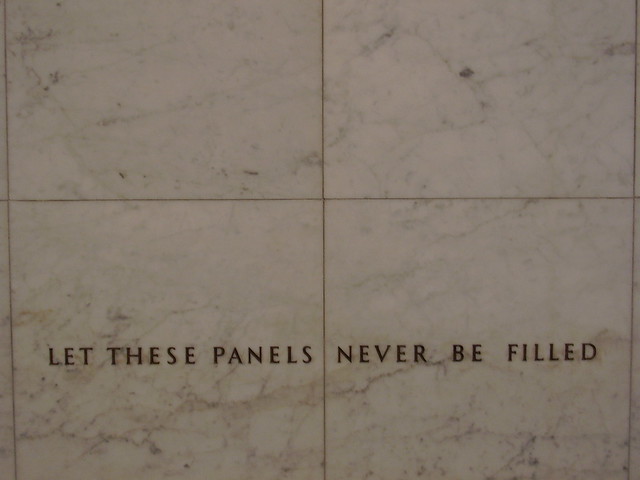Let these panels never be filled:
We happened to arrive at Auckland Museum at 11AM on the 11th of November. This is precisely the time everyone in the former Empire celebrates the end of World War I, Auckland Museum is a war museum, and 1/5 of all male New Zealanders served in that war: 100,000 of the, of whom 60,000 never came back. So the entire upper floor of the museum was taken over by a comemoration ceremony, involving many folks in uniforms and medals and a Maori in traditional dress marching with them. On the wall of names was an F.C. Quarterman. The records show about 20 others who served, and more than 200 Sinclairs. Let these panels never be filled.
Names:
Continue reading
